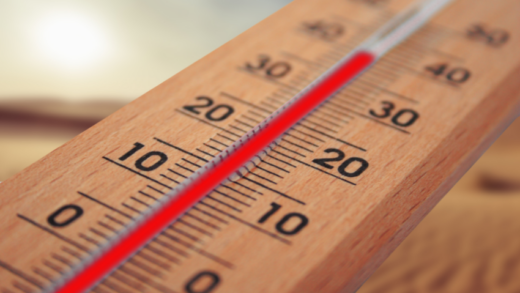Allergies are a common problem that affects people of all ages, races, and genders. They occur when the immune system overreacts to a foreign substance, called an allergen, in the environment. The allergen triggers the release of histamine, a chemical that causes inflammation and irritation in the body.
Causes of Allergies:
The causes of allergies can vary from person to person. Some common factors that can cause allergies include:
- Genetics: If one or both parents have allergies, then there is a higher chance that their children will also have allergies.
- Environmental factors: Exposure to allergens like pollen, dust, and mold can cause allergic reactions. Outdoor air pollution can also trigger allergies.
- Age: Children are more prone to allergies than adults, but allergies can develop at any age.
- Diet: Certain foods like nuts, shellfish, and dairy products can trigger allergic reactions in some people.

Symptoms of Allergies:
The symptoms of allergies can vary depending on the type of allergen and the severity of the reaction. Some common symptoms of allergies include:
- Sneezing and a runny or stuffy nose
- Itchy or watery eyes
- Skin rashes or hives
- Swelling of the lips, tongue, or face
- Difficulty breathing or shortness of breath
- Nausea, vomiting, or diarrhea
In severe cases, allergies can cause anaphylaxis, a life-threatening condition that requires immediate medical attention.
Treatments for Allergies:
There are several treatments available for allergies, including:
- Antihistamines: These drugs block the effects of histamine, a chemical released during an allergic reaction.
- Decongestants: These drugs reduce congestion and help relieve nasal and sinus symptoms.
- Immunotherapy: This treatment involves exposing the body to small amounts of the allergen to desensitize the immune system.
- Nasal corticosteroids: These drugs reduce inflammation in the nasal passages and relieve symptoms like congestion, sneezing, and runny nose.
- Avoidance: Avoiding exposure to allergens is the best way to prevent allergic reactions. This may involve staying indoors during peak pollen season or avoiding certain foods.
While allergies cannot be completely prevented, there are some steps you can take to reduce your risk of developing allergies or experiencing allergic reactions:
- Identify and avoid triggers: Keep track of the substances or activities that trigger your allergies and take steps to avoid them as much as possible.
- Keep your home clean: Regularly clean your home to reduce the number of allergens like dust, pet dander, and mold spores.
- Use air filters: Consider using air filters in your home to remove allergens from the air.
- Practice good hygiene: Wash your hands regularly, especially during allergy season, and avoid touching your face to reduce exposure to allergens.
- Be prepared: If you have a known allergy, always carry emergency medication like an epinephrine auto-injector to treat severe allergic reactions.
Allergies in Children:
Allergies can affect children of all ages, but they are more common in young children. Common allergies in children include food allergies, hay fever, and asthma. If you suspect that your child has allergies, talk to their pediatrician for diagnosis and treatment options. It is also important to teach children how to avoid triggers and recognize the signs of an allergic reaction.

FAQs:
Can allergies be prevented?
While allergies cannot be prevented, avoiding exposure to allergens can reduce the risk of allergic reactions.
Can allergies be cured?
Allergies cannot be cured, but they can be managed with proper treatment and avoidance of allergens.
How are food allergies diagnosed?
Food allergies can be diagnosed through skin tests, blood tests, and elimination diets.
Can allergies cause asthma?
Yes, allergies can cause asthma, especially in people with a family history of asthma.
Are allergies hereditary?
Yes, allergies can be hereditary, and children of allergic parents are more likely to develop allergies.
Conclusion:
Allergies are a common problem that can cause discomfort and even serious health complications. It is important to understand the causes, symptoms, and treatments of allergies to manage them effectively. If you suspect that you have allergies, talk to your doctor about diagnosis and treatment options. With the right approach, you can live a healthy and allergy-free life.






















